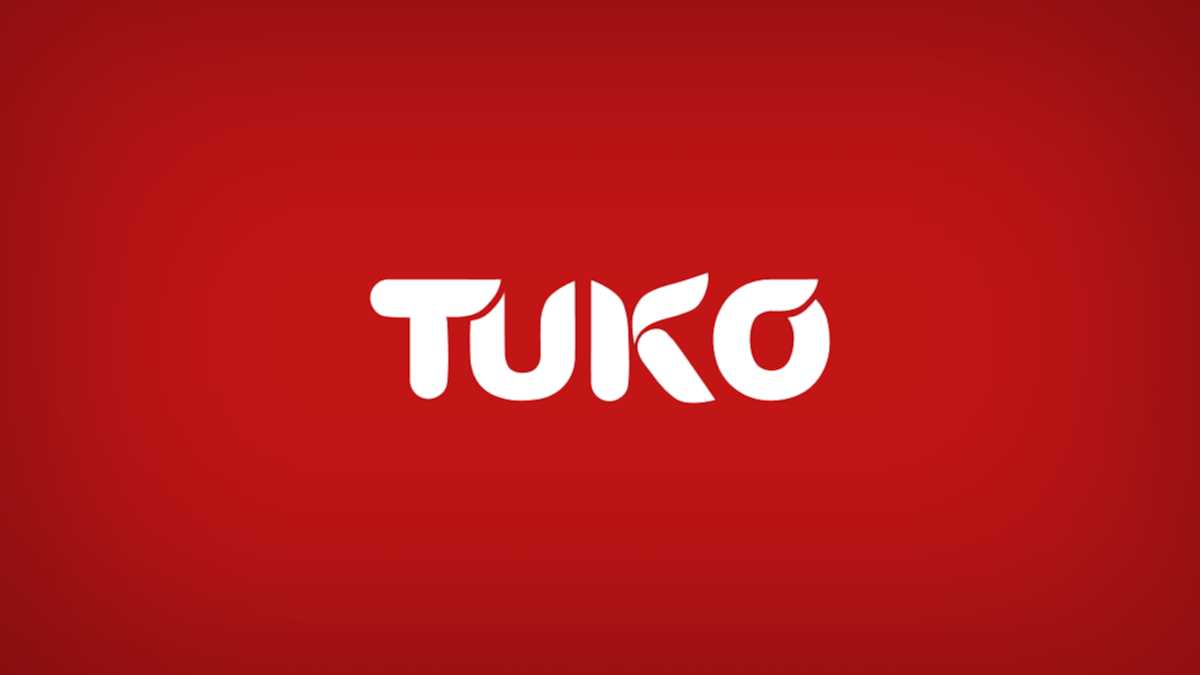
Honda and Nissan on Thursday announced the cancellation of merger talks that would have formed the world's third-largest auto company by unit sales, after Toyota and Volkswagen.
Here are some key points about why Japanese companies considered forming an alliance, the reasons for their failure, and the implications for them in the challenging global automotive industry.
What is their history?
Honda was established in 1948 as a small workshop manufacturing motorcycles and has grown to become the globe's leading manufacturer of two-wheeled vehicles. It also produces approximately 3.7 million four-wheeled vehicles every year.
Last year, more than 40 percent of these products were sold in North America, approximately 20 percent in China, 18 percent in Japan, and around 3 percent in Europe.
Nissan, established in 1933, manufactured approximately 3.1 million vehicles in the previous year. The Americas represent 38% of its global sales, China accounts for 20%, Japan 14%, and Europe 10%.
In 1999, French automaker Renault acquired a 36.8 percent stake in the then-loss-making company. Seventeen years later, Mitsubishi Motors joined the alliance, with Nissan acquiring a 34-percent stake in its ailing Japanese counterpart.
Tensions arose, fueled by the French government increasing its stake in Renault in 2015, followed by the 2018 arrest of Nissan's CEO Carlos Ghosn in Japan on suspicion of financial wrongdoing and his subsequent departure from the country.
In 2023, Renault divested a portion of its stake in Nissan as part of a comprehensive overhaul of their alliance, resulting in Renault retaining a 15 percent cross-shareholding.
What was the motivation behind their decision to merge?
Nissan has been facing difficulties, having reported a 93-percent decline in its first-half net profit last year and implementing a reduction of 9,000 jobs in November. Additionally, the company is burdened with billions of dollars in debt.
For both companies, achieving economies of scale would have helped "enhance R&D capabilities, and better compete" in the areas of "advanced technologies including electrification and software-defined vehicles", said Tatsuo Yoshida, senior auto analyst at Bloomberg Intelligence.
Japanese automakers have trailed behind in the electric vehicle market for a while, particularly when compared to Chinese companies, with the top Chinese EV manufacturer, BYD, selling more vehicles worldwide last year than Honda and Nissan.
The pair had already reached an agreement on discussions regarding collaboration in the field of electrification technologies and software development, and were subsequently joined by Mitsubishi Motors.
Why did the proposed merger negotiations collapse?
When the merger was announced in December, the plan was for the two automakers, along with Mitsubishi Motors, to join their businesses under a new parent company.
Local media reports indicate that Honda grew impatient with Nissan's sluggish approach to restructuring, hoping to turn the company into a subsidiary, a proposal that was deemed unacceptable by Nissan's leadership.
"Nissan is emphasizing its independence and autonomy in decision-making on its strategy," which "may not maximize the benefits of cost efficiency for Honda," Mizuho Securities analyst Yoshitaka Ishiyama stated.
What happens next?
In the long term, at least, both companies will have to find new partners in order to gain a competitive edge in the technological field, according to experts.
"Honda still needs to find a way to boost its four-wheeled vehicle business," said Seiji Sugiura, an auto analyst at Tokai Tokyo Intelligence Laboratory.
"Honda executives wanted to merge with Nissan, indicating they needed a deeper level of collaboration in R&D than an alliance, which involves sharing confidential company information," he added.
Bloomberg's Yoshida stated that Nissan's situation is more precarious, citing its "significant challenges, including financial instability and the need to strengthen its position in the highly competitive advanced technology sector".
Sugiura stated that tech company Foxconn "remains an option for Nissan".
Reports have stated that Taiwanese electronics giant, also known as Hon Hai, had been in discussions with Renault regarding the purchase of the French automaker's stake in the Japanese company.
Sugiura noted that a potential partnership between Foxconn and Honda is also feasible, "as it has technologies that Honda is seeking".
He stated: "If Honda genuinely wants Nissan's technology, it can initiate a hostile takeover of Nissan."
kh/dan/stu
© Agence France-Presse
